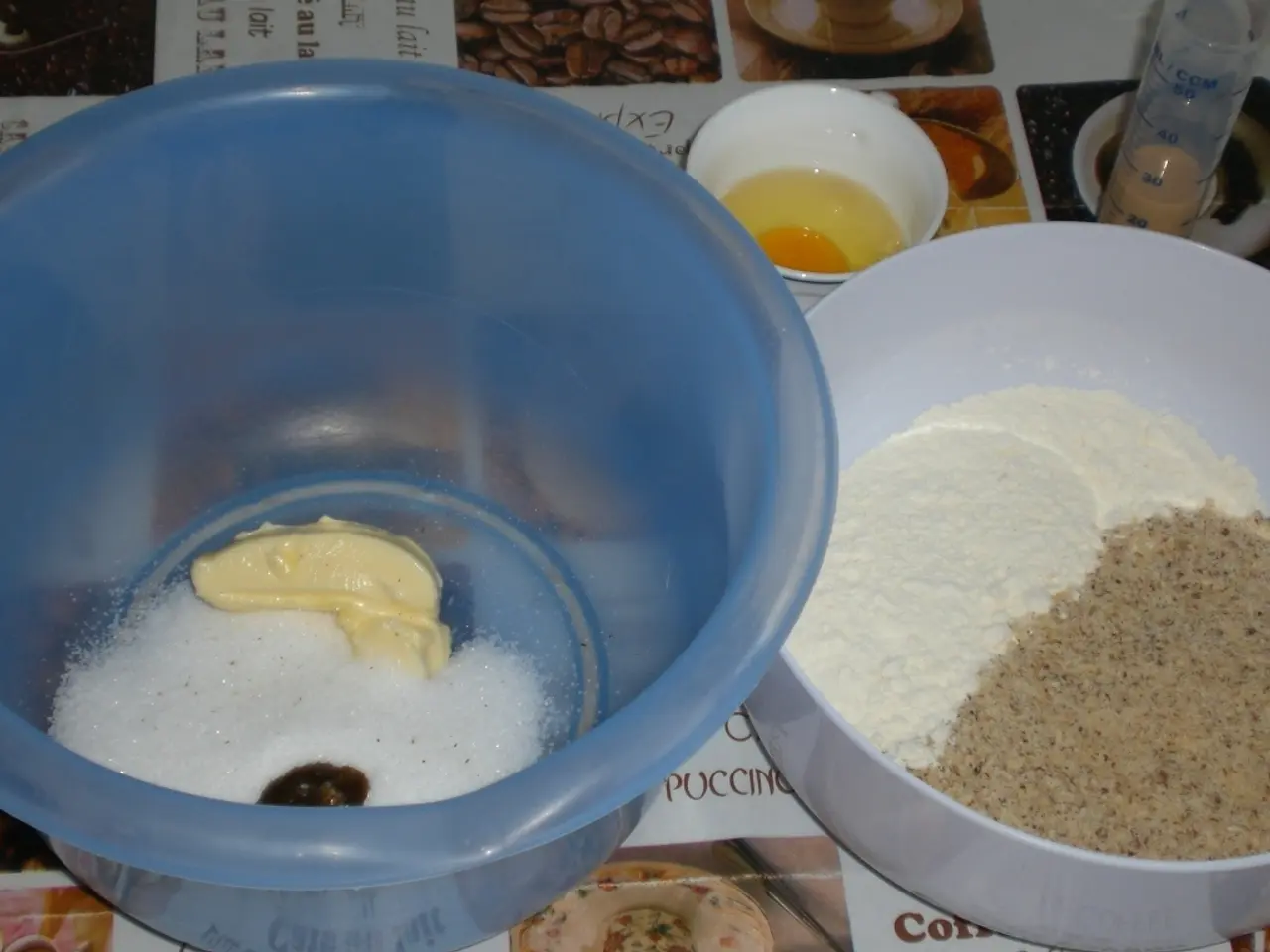Life Without a Gallbladder: Is It Possible?
In a nutshell, a gallbladder removal surgery, known as a cholecystectomy, is a common medical procedure worldwide [1]. While the gallbladder isn't vital for life, it does play a significant role in the digestive system [2]. The gallbladder acts as a storage space for bile, which aids in digestion between meals [3]. When the gallbladder is removed, bile flows directly from the liver into the small intestine for digestion [4].
This change in bile flow can lead to some long-term effects, such as difficulty digesting fatty foods, bloating, diarrhea, and changes in bowel habits [1][2][4]. To help manage these symptoms, key lifestyle changes are required, particularly in diet.
After surgery, it's advisable to limit fat intake, especially initially, and gradually introduce fiber-rich foods to improve digestion and regulate bowel movements [2][4]. Eating smaller, more frequent meals instead of large high-fat meals can help reduce symptoms like bloating and diarrhea. Avoiding spicy foods, caffeine, and high-fat dairy can also help manage digestive upset until the body adjusts [2][4].
Temporary dietary changes can help relieve or avoid common side effects like diarrhea, bloating, and gas after gallbladder removal [4]. In some cases, bile acid binders can help manage bile-induced diarrhea after a cholecystectomy [5].
It's important to note that recovery from gallbladder removal surgery can vary from person to person. Healthier individuals typically bounce back more quickly than those with pre-existing health issues, who may require a longer recovery period [6].
In rare cases, complications such as intestinal injury or bile duct blockages can occur and require medical attention [1][3]. However, with the right dietary changes and lifestyle adjustments, most people can adapt well to life after gallbladder removal.
References:
[1] Gallbladder Removal Surgery: What to Expect. (n.d.). Mayo Clinic. Retrieved from https://www.mayoclinic.org/tests-procedures/gallbladder-surgery/about/pac-20385328
[2] Gallbladder Removal Surgery: What to Expect. (2021, March 16). Cleveland Clinic. Retrieved from https://my.clevelandclinic.org/health/treatments/16574-gallbladder-removal-surgery
[3] Complications of Gallbladder Removal Surgery. (n.d.). Johns Hopkins Medicine. Retrieved from https://www.hopkinsmedicine.org/health/treatment-tests-and-therapies/complications-of-gallbladder-removal-surgery
[4] Diet After Gallbladder Surgery. (n.d.). Johns Hopkins Medicine. Retrieved from https://www.hopkinsmedicine.org/health/treatment-tests-and-therapies/diet-after-gallbladder-surgery
[5] Bile Acid Binders. (n.d.). National Library of Medicine. Retrieved from https://medlineplus.gov/druginfo/meds/a682101.html
[6] Recovery from Gallbladder Surgery. (n.d.). American College of Surgeons. Retrieved from https://www.facs.org/patient-safety/consumer-resources/recipes/gallbladder-surgery-recovery
- After a cholecystectomy, managing chronic digestive health issues may necessitate long-term dietary modifications and lifestyle adjustments.
- Health-and-wellness strategies, such as fitness-and-exercise routines, therapies-and-treatments, and proper nutrition, can help improve cardiovascular health and overall well-being after a gallbladder removal surgery.
- Chronic kidney disease, as well as other chronic diseases, might prolong recovery from gallbladder removal surgery due to the patient's pre-existing health conditions.
- Science continuously evolves our understanding of medical-conditions like chronic-kidney-disease, respiratory-conditions, and cancer, offering new treatments and therapies for better health outcomes.
- In some cases, a person's health status before the surgery could impact their length of recovery following a cholecystectomy.
- For those suffering from side-effects like diarrhea, bloating, and gas post-gallbladder removal, bile acid binders could be a suitable treatment option to alleviate bile-induced symptoms.
- While preventative measures can decrease the likelihood of complications during and after a cholecystectomy, it is crucial to be aware of potential risks, such as intestinal injury or bile duct blockages, and be prepared for medical intervention if needed.




